Outsight International was created to provide high-quality services to organisations that seek to explore or implement human-centric programming to effect improved outcomes in human health and environmental sustainability. We are proud to provide affordable excellence to have a positive impact on people and the planet. We are continuously evolving and improving our understanding of what it means for us to be responsibly promoting equity.
With this statement we lay out our intentions and commitments to continuously educate ourselves, learn to improve our: advisory services, human resource management, and interactions with customers and beneficiaries — to embody these values and provide a healthy and dignified work environment that is sensitive to current issues. We also aim to help our partners and clients have the most positive impact possible.
We are cognisant of the ongoing systemic challenges that billions of people experience. These include discriminations based on race, sex, gender, disabilities, age, and economic imbalances of power. We recognise that addressing these is the only way in which long-term health and planetary sustainability can be achieved. This is not only a moral obligation, but an imperative aligned with our mission.
Our Commitments
To acknowledge the reality of inequities that affect people and to explore our role in inadvertently upholding and remedying these.
To maintain our integrity as an evidence-based organisation when engaging with diverse stakeholders and sectors.
To seek out partnerships and clients who embody the same values.
To engage in open dialogues with humility and empathy.
To continuously educate and evolve our understanding of the practical actions that Outsight International can take to actively remedy inequities.
To hold ourselves accountable for our work with regards to its impact on people, especially the promotion of diversity, equity, inclusion, and justice.
To build teams that reflect and embrace diversity.
Definitions
A common vocabulary and understanding are important when exploring issues of DEIJ. Below are definitions and our understanding of the terminology used.
Diversity: the condition of having or being composed of differing elements. In this case, especially human diversity, including but not limited to those based on race, culture, colour, sex, gender identity, national origin, nationality, geography, age, ability or disability, sexual orientation, socio-economic status, faith, political beliefs, or other identities. This definition can also be extended to diversities of thought, ideas, perspectives, and values.
Equality: The state or quality of being equal. In this context, the same amount of power, opportunities, and resources are distributed to everyone with the assumption that everyone starts in the same place and has the same needs.
Equity: The full and appropriate access to power, opportunities, and resources so that all people achieve their potential and thrive.
Inclusion: The act of fostering environments in which any individual or group can be and feel welcomed, respected, supported, and valued to fully participate—an inclusive, inviting, and welcoming climate that offers respect in words and actions for all people.
Justice: the repairing and restoring of individuals in line with principles of equality and equity.

